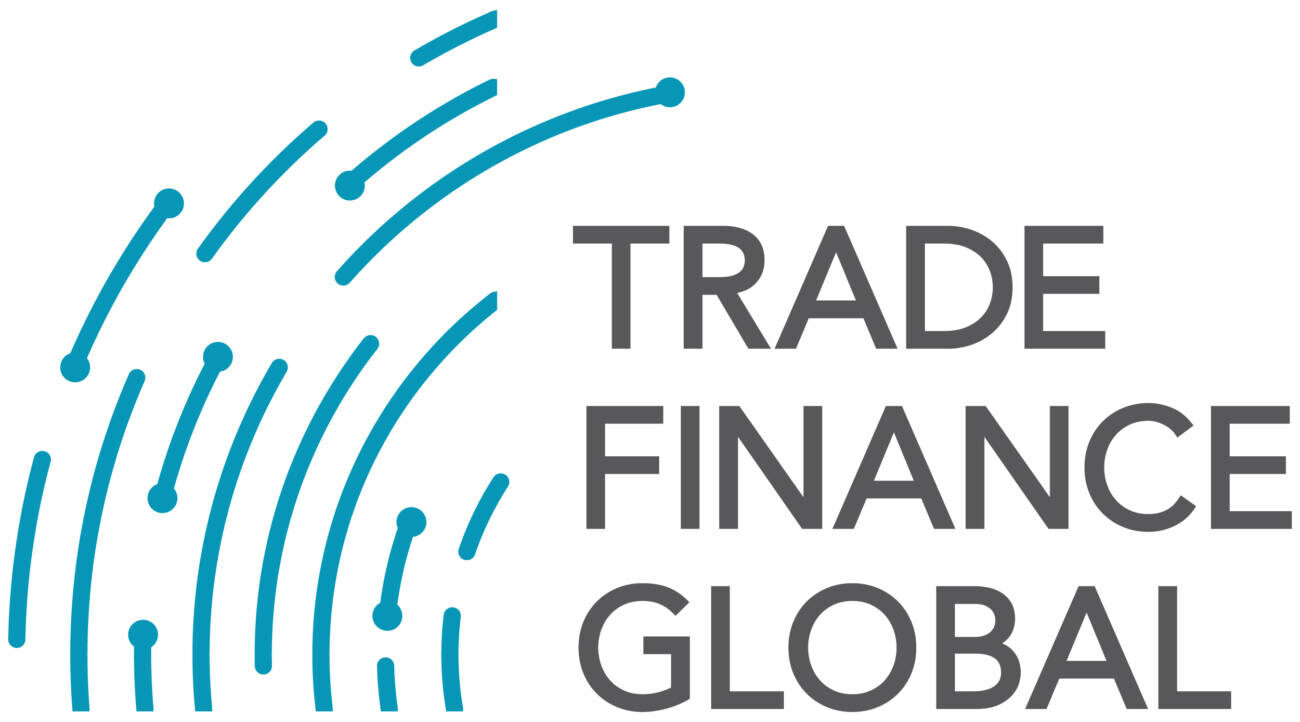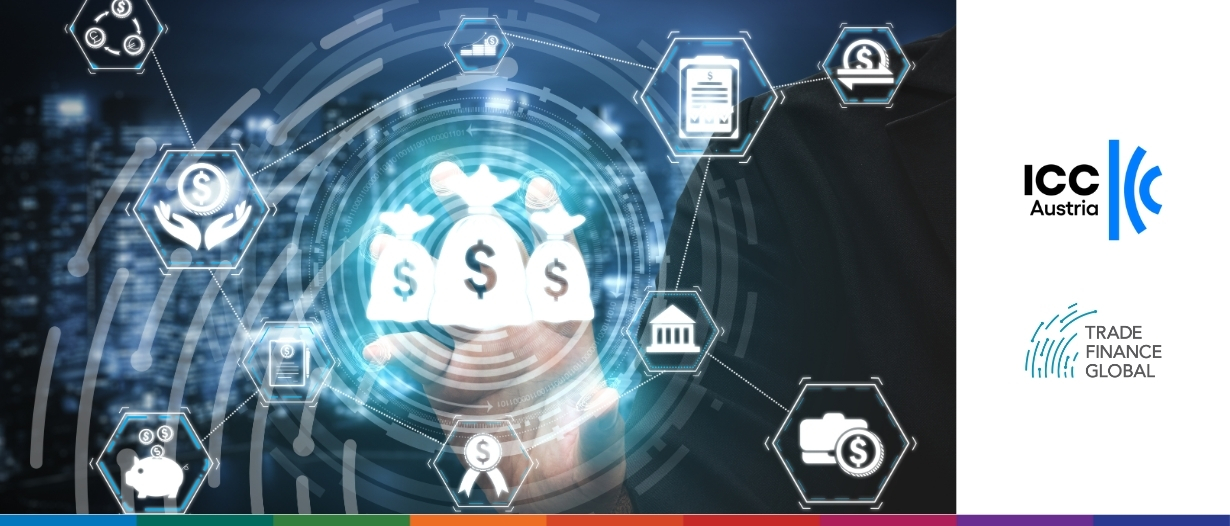
Estimated reading time: 5 minutes
The international trade world is in a moment of change. On one hand, there are 11 Incoterms that play a large role in the coordination of global trade, many of which are still paper-based.
On the other hand, the entire industry is starting to undergo a digitalisation transformation without disrupting the flow of the process.
It is not an easy task, and it is one that requires innovation and collaboration across the industry, and across the globe.
At ICC Austria’s Trade Finance Week in Vienna, Trade Finance Global sat down with Andrea Tang, Legal Services Director at the International Federation of Freight Forwarders Association (FIATA), to discuss a few of these developments.
Incoterms and freight forwarders: The backbone of the trade industry
As foundational elements that define the responsibilities of sellers and buyers concerning the delivery of goods, Incoterms play a vital role in ensuring clarity and reducing disputes in international trade transactions.
Tang said, “Incoterms are not just contractual formalities; they are essential for delineating the obligations and risks between trading partners.
“Understanding these terms is crucial, especially for documentary credit checkers, as it impacts everything from risk assessment to compliance with contractual obligations.”
These Incoterms are the guiding principles for freight forwarders across the industry. From managing logistics, organising transport and delivery, and allocating responsibility and risk, freight forwarders turn to Incoterms.
This is why it is so vital for freight forwarders to have a deep understanding of all the intricacies associated with Incoterms, and why ICC Austria has spent a significant amount of effort to help educate the industry on these topics.
And like all aspects of the trade industry, Incoterms will be undergoing a digital transformation.
Digital transformation in trade documentation
Transformations of trade documentation are not a new thing. Since bills of lading have been introduced, changes have been made constantly.
Tang said, “The original paper version of the FIATA Bill of Lading actually originated in 1968, and evolved over the years due to industry needs. It became negotiable because there was the need from the shippers to be able to have trade finance from the banks based on the bills of lading issued by the freight forwarder.”
And this was just the start of the widespread use, and the changes it has gone through. One of these changes is the digitalisation efforts.
“The introduction of the Digital FIATA Bill of Lading (FBL) marks a pivotal advancement in trade documentation,” Tang explained. “Utilising blockchain technology, the digital bill of lading not only ensures the integrity and security of documents but also facilitates ease of use and better compliance with trade regulations.”
Part of this process is creating an immutable blockchain system to maintain the originality and authenticity of bills of lading.
“The original is this digital record, which is an immutable track of the original data, what’s going on, where and how the document has been transferred, and who has exclusive possession over the documents. So all these things are contained in the blockchain record.”
This secure digital record will help facilitate greater trust and security, and eventually contribute to the minimisation of documentation fraud.
Each user on the blockchain platform is assigned a digital FIATA identity which contains verified information about them and confirms their possession of liability insurance cover which is an important requirement for users of the FIATA bill of lading.
This increases security and confidence amongst users to freely transact on the platform. The identity of the freight forwarder is also linked to each FIATA bill of lading that they issue. Each original electronic bill of lading has options for PDF copies where required.
Those who receive PDF copies can scan the unique QR codes embedded in them to access audit trails on each electronic bill of lading. This will allow for the verification of authenticity, validity, issuer identity, and the integrity of the contents of issued documents.
With the emergence of electronic trade documents, countries’ adoption of the United Nations Model Law on Electronic Transferrable Records (MLETR) becomes even more important.
Tang said, “The MLETR is something that’s really important for countries to adopt so that they can ensure that there is this certainty, regarding the recognition of electronic documents, and that we have harmonisation as well. Because harmonisation is something that’s really key at the moment.”
International collaboration and standardisation
Because of the complex nature of these issues, collaboration between companies, platforms, industries, associations and governments is the only way to effectively implement these changes and make substantive progress.
Importantly, this process has already started. Tang said, “The FIT Alliance brings together the container and bulk shipping industry, the ICC, Swift, FIATA, and ensures that we can work together to promote common standards and to promote, for example, MLETR adoption, and ensure that there a level of harmonisation in terms of the standards.”
Currently, FIATA is also working with UNCITRAL, World Customs Organization, and the ICC DSI to enhance collaboration across industries. And the ICC Trade Finance Week is the ideal place to come together to further these initiatives.
“Collaboration is key to advancing our industry standards and practices,” Tang remarked. “By working together, we can enhance the harmonisation of processes and documentation standards across different countries and institutions, which is essential for the smooth functioning of international trade.”
Bringing together all the industries under one roof at ICC Austria’s Trade Finance Week is not easy. Given the wide range of industries and locations for many of the actors, having a conference to network and share best practices is vital.
“Having the opportunity to go a bit deeper into some of these topics and to be able to exchange ideas and see how we can move forward on some of these topics, I think it’s really important.”

